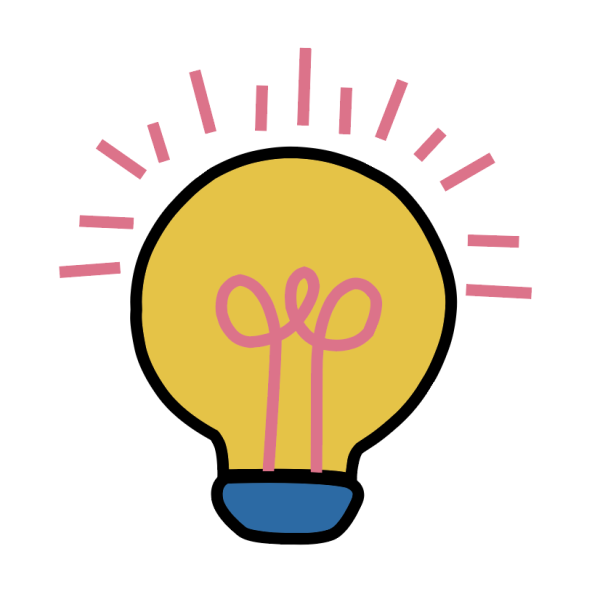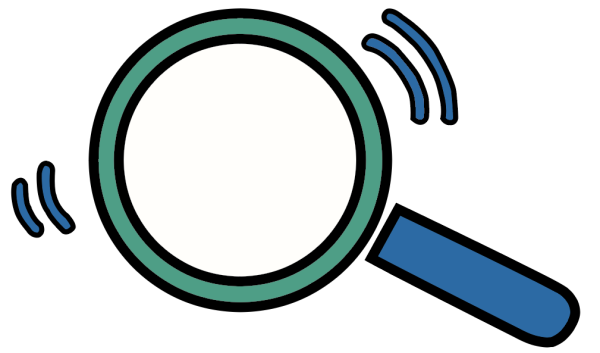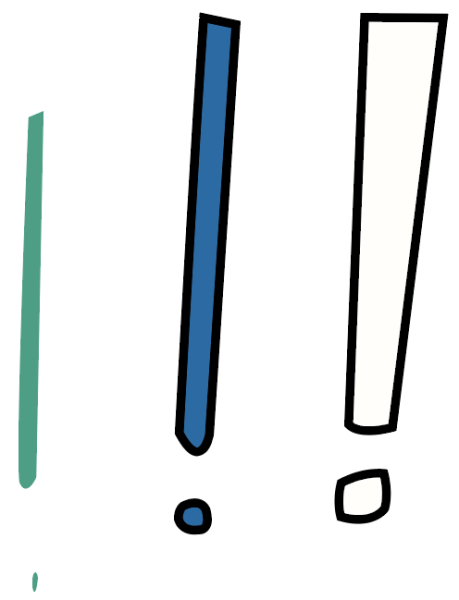Principal Charles Golden sent two emails regarding a highly encouraged shelf addition: “The Disengaged Teen” by Jenny Anderson and Rebecca Winthrop.
The book, as Golden put it, provides a mnemonic device for self-help that speaks to parents and their teens — not necessarily educators.
“I put on my teacher hat and thought, ‘There’s some good things in here, but they’re not speaking about it the way I experience it,’” Golden said. “When I put on my parent hat — maybe my administrator hat too — I thought, ‘There’s some helpful pieces in here.’”
The document he linked in the email contains a passage in which he reviews one of the four modes of engagement the authors wrote about.
“When I was a high school student, I was an achiever,” he said. “If I didn’t make A’s, there were consequences.”
 From a young age, Golden was cognizant of the impact of education as his father was a high school teacher before becoming a physician, and his mother pursued education to stay above water. This also meant repercussions were dealt to keep Golden on the path of an achiever.
From a young age, Golden was cognizant of the impact of education as his father was a high school teacher before becoming a physician, and his mother pursued education to stay above water. This also meant repercussions were dealt to keep Golden on the path of an achiever.
“I was grounded for six weeks because I made a B on a report card once,” Golden said. “They were that serious, but I wasn’t serious about the learning; I was serious about making the A.”
It wasn’t until halfway through college that Golden moved from the role of an achiever to the role of an explorer.
 “It was when I actually found the thing I loved,” Golden said. “The learning habits I was slowly putting together and the abilities I had — I was directing them to something that was fun.”
“It was when I actually found the thing I loved,” Golden said. “The learning habits I was slowly putting together and the abilities I had — I was directing them to something that was fun.”
Golden acknowledges not every class, every institution or every teacher’s approach fits every individual — it’s not one size fits all — for as an undergraduate, he experienced the roles of passenger and resistor.
 “The worst learning experiences I had when I was an undergraduate were actually in the easiest classes,” he said. “I just didn’t care, so I got my lowest grades because I was doing the least.”
“The worst learning experiences I had when I was an undergraduate were actually in the easiest classes,” he said. “I just didn’t care, so I got my lowest grades because I was doing the least.”
After Golden inadvertently butted heads with a teacher as an undergraduate, it set him down the path of the resistor.
“I had a teacher label me the first day of class,” he said. “I was an adult. I was in graduate school. This was a professor. I’m tall. I don’t like being in the front row as a tall person, so I would typically sit in the back of the room. The professor walked in and said, ‘So you’re back-row, huh? You’re going to be that student.’ And I thought, OK, I will be — I became a resistor in that class.”
 For the students who feel hesitant to peruse this book, Golden hopes they read enough of part one to recognize the classes of human responses in situations to dig into part two to answer internal questions.
For the students who feel hesitant to peruse this book, Golden hopes they read enough of part one to recognize the classes of human responses in situations to dig into part two to answer internal questions.
“What can you do yourself?,” he said. “What do I do myself when I think I’m in resistor mode or passenger mode? What do I do when I wake up one day and realize I’m working so hard not because I’m passionately engaged in doing my best at something I love, but [because] I’m just chasing a credential because somebody tells me?”
“The Disengaged Teen” has solutions to outsmart oneself and for parents to collaborate with their children.
With an educator, administrator and parent cap on his hat rack, Golden aspires for students to reconnect to the things they must do, so the musts don’t impede the things they want to do. Moreover, he derives inspiration from a quote by another principal.
“We need to grow the educational opportunities for kids who don’t like school,” Golden said.
On the bookmark:
“Achiever
When kids show up, do the work, and get consistently high grades, their self-worth can become tied to high performance. Their disengagement is invisible, fueling a fear of failure and putting them at risk for mental health challenges.
Explorer
When kids are driven by internal curiosity rather than external expectations, they investigate the questions they care about and persist to achieve their goals.
Passenger
When kids coast along, consistently doing the bare minimum and complaining that classes are pointless, they need help connecting school to their skills, interests or learning needs.
Resister
When kids resist, they struggle silently with profound feelings of inadequacy or invisibility, which they communicate by ignoring homework, playing sick, skipping class or acting out.”
– Jenny Anderson & Rebecca Winthrop



